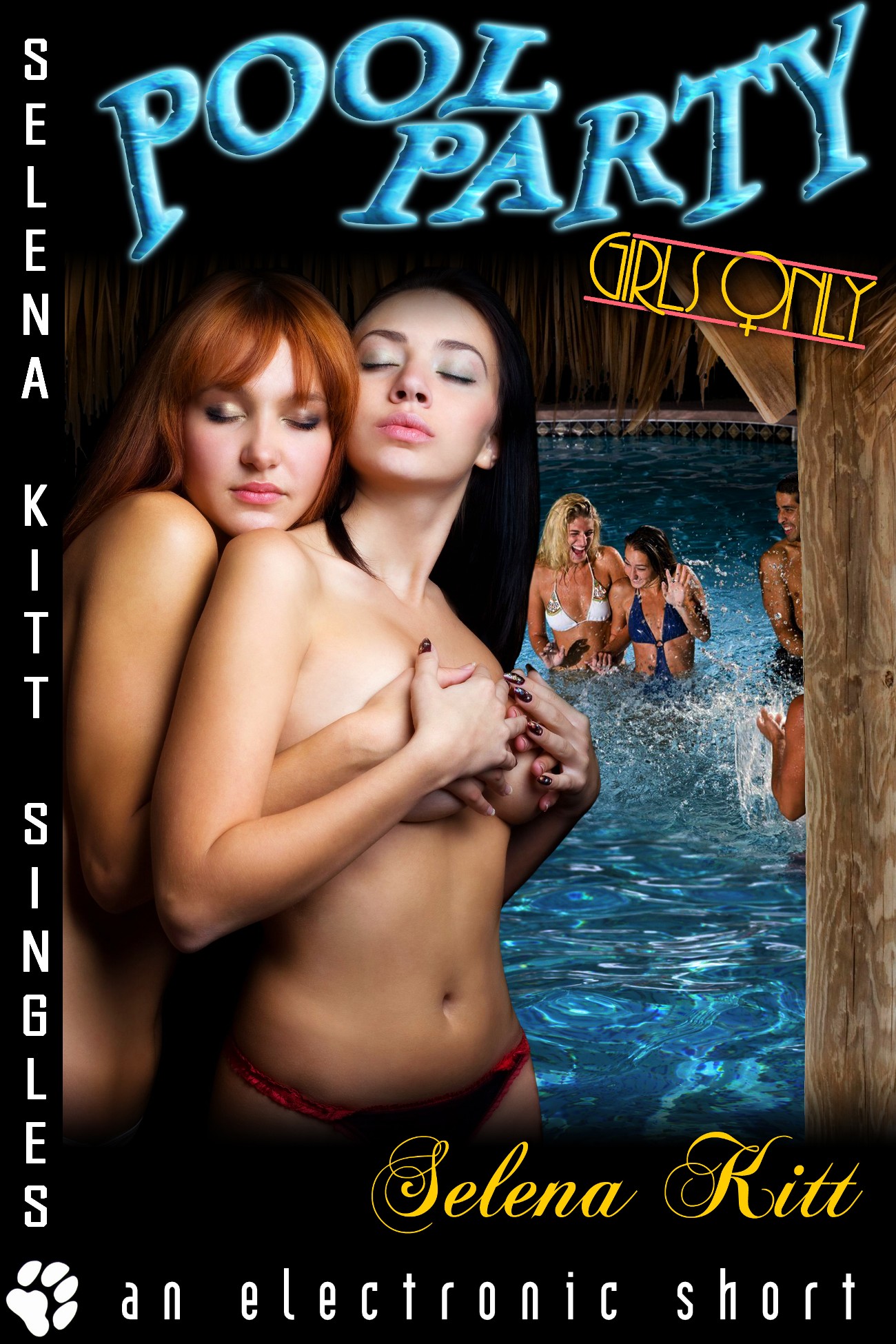 There's been a lot posted about the corporations behind book selling lately, and to me, it just smells like a whole lot of "fail."
There's been a lot posted about the corporations behind book selling lately, and to me, it just smells like a whole lot of "fail."
This is what happens when corporations gain so much power that people forget that corporations aren't really "people." Corporations are FOR people. They serve people. They consist OF people - the people who work at them, from the lowest paid to the highest. But when corporations forget that, when people forget that, suddenly we all become slaves. Corporations becomes slaves to their stockholders (and the stockholders to the almighty dollar). People become slaves to the corporations, relying on them for everything.
Sometimes I think people forget about the *people* involved, all the way around.
I had a conversation with Amazon last week about the Adult book filtering going on. It was a reasonable conversation with a real person. She understood my point of view, said she appreciated my feedback, and really wanted to help as much as she could. Because of my feedback, they made changes in the ways they now handle appeals to the ADULT filter. If your book has been filtered and you attempt to get it unfiltered, Amazon will now tell you whether the problem is on your COVER, in your TITLE or in your DESCRIPTION. While they still refuse to tell us exactly *what* the problem might be on the cover, or in the title and description, at least they're now pointing us in a direction! At least it's something...
Now if only everyone who worked for her company would get with the program and treat people the same way... *sigh*
When we are faced with the people behind the corporations, or when corporations are faced with the people (the actual customers they serve or the vendors who supply their products) the whole dynamic changes. Suddenly things become personal - and real. The decisions corporations make have huge implications for REAL PEOPLE. What Amazon is doing with adult books is hurting a lot of authors right now who have quit their day jobs in order to do what they love -- write -- full-time. It's hurting readers who can't find the books they're looking for. It's hurting customers and it's hurting parents who STILL have no work-around or real solution to the plethora of adult books on Amazon's store.
A simple switch, Amazon. That's all it takes.
I wish we could all sit down and have a reasonable conversation. I'm tired of dealing with a faceless corporation who doesn't care about me or even the customers who are complaining to them about the books showing up in their also-bought feeds.
Amazon FAIL
- Putting ADULT filters on books arbitrarily, with no rhyme or reason.
- No transparency - not telling publishers and authors when a book gets an ADULT filter. Not telling authors or publishers what got the book flagged in the first place.
- Not creating an "adult" on-off parental control function for their site instead of using the clunky and unfair ADULT filter.
Barnes and Noble FAIL
- Misrepresenting their "bestseller" list by keeping certain adult books out of the top 100. They are tagging certain books in their system somehow, which weighs them down in the ranks, like an anchor. Once a book is flagged, it won't go past the "anchor." This happened to my box sets, which sold more than enough to get me into the top 100, but my books wouldn't go past 126, 127 and 128 respectively. So instead of dropping the ranks by 1000 (which they were doing for a long time to erotica books) now they're doing something a *little* more subtle. But still as damaging to sales. We caught you, Barnes and Noble!
- Pushing Erotica and Adult titles to the back of their search engine function, so that those titles appear behind those which are ranked below them.
- Not creating an "adult" on-off parental control function for their site instead of manipulating their bestseller lists.
Kobo FAIL
- While Kobo hasn't (yet) started filtering or suppressing adult titles, they have erotica categories that simply do not function if you put your books in them.
- Kobo's search engine is very poor, so those missing categories make a difference. And they refuse to allow you to put key words where they would be useful.
Apple FAIL
Apple's uber-prudishness is known far and wide.
- Apple has manipulated its bestseller lists - it's removed books they found "offensive" right from the list!
- Apple has removed erotica books from their store - they have wiped out ENTIRE publisher accounts that contain erotica (even when they also contain a great deal of sweet and inspirational and Christian romance!)
- They have no erotica category and no way to see erotica bestsellers at all.
- They reject adult and erotic books outright. Even when a title is sent back censored (someone put apples over the offending floppy bits) Apple STILL rejected it.
If I had the people from Amazon and Barnes and Noble and Kobo and Apple in front of me, maybe we could have a real conversation, person to person. Maybe they would realize that, as a parent, I don't want kids to find these books either. I want their business model to succeed - and I'd like to be part of that. I'm sure there's a way to do it. I have lots of great ideas.
If they called, I'd have a lot to say. But I won't hold my breath or spend my time sitting here waiting for the phone to ring like some girl waiting for her bad boyfriend to call. None of them are worth it, in the end. It's like dating a pit viper. You never know when they're going to strike (again).
Enough with the bad boys and their little club. I'm tired of being a member and paying their dues (and being used at their convenience, like when KDP first started and they called us all eager for us to put our books exclusively with them!) and not reaping any of the benefits.
I think it's time I started implementing some of those good ideas I have all on my own.
Stay tuned...
 Selena Kitt
Selena Kitt
Erotic Fiction You Won't Forget
www.selenakitt.com
LATEST RELEASE: The Dirty Show









